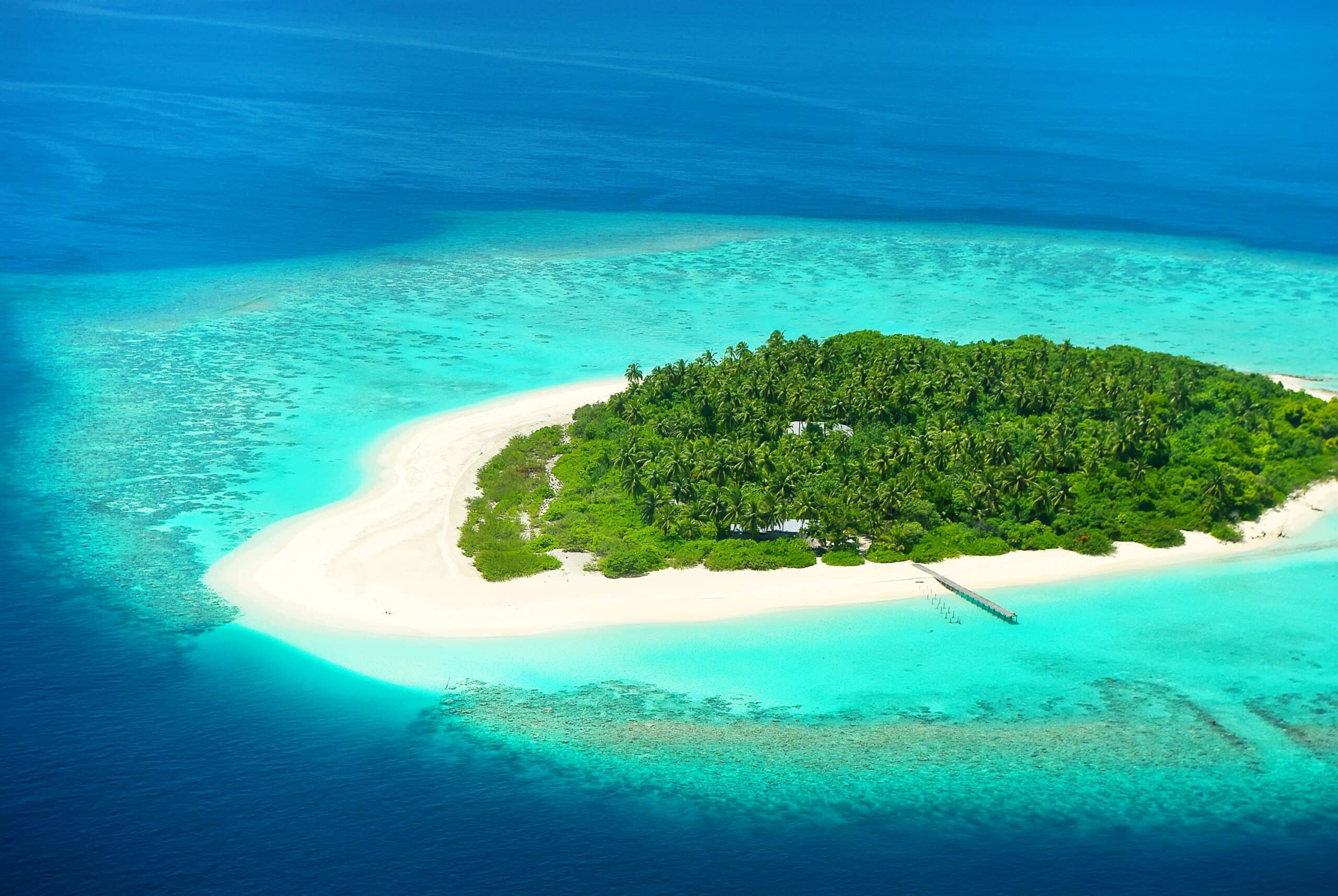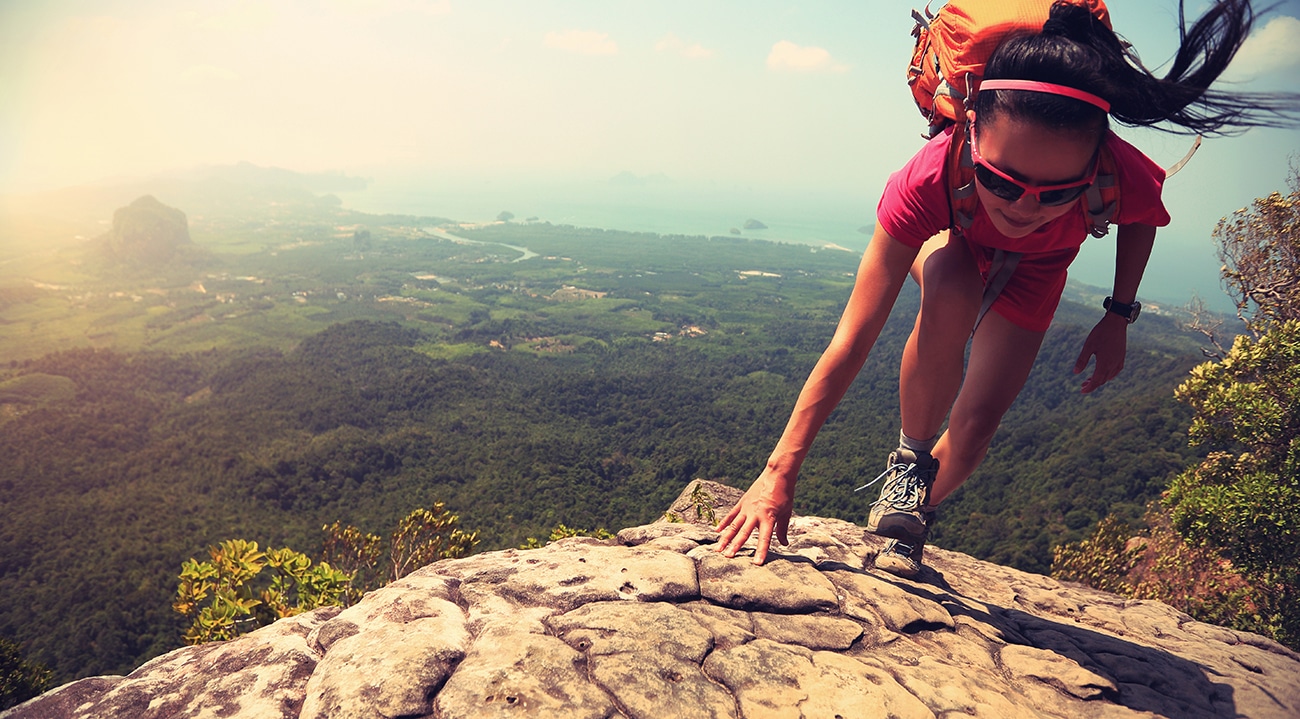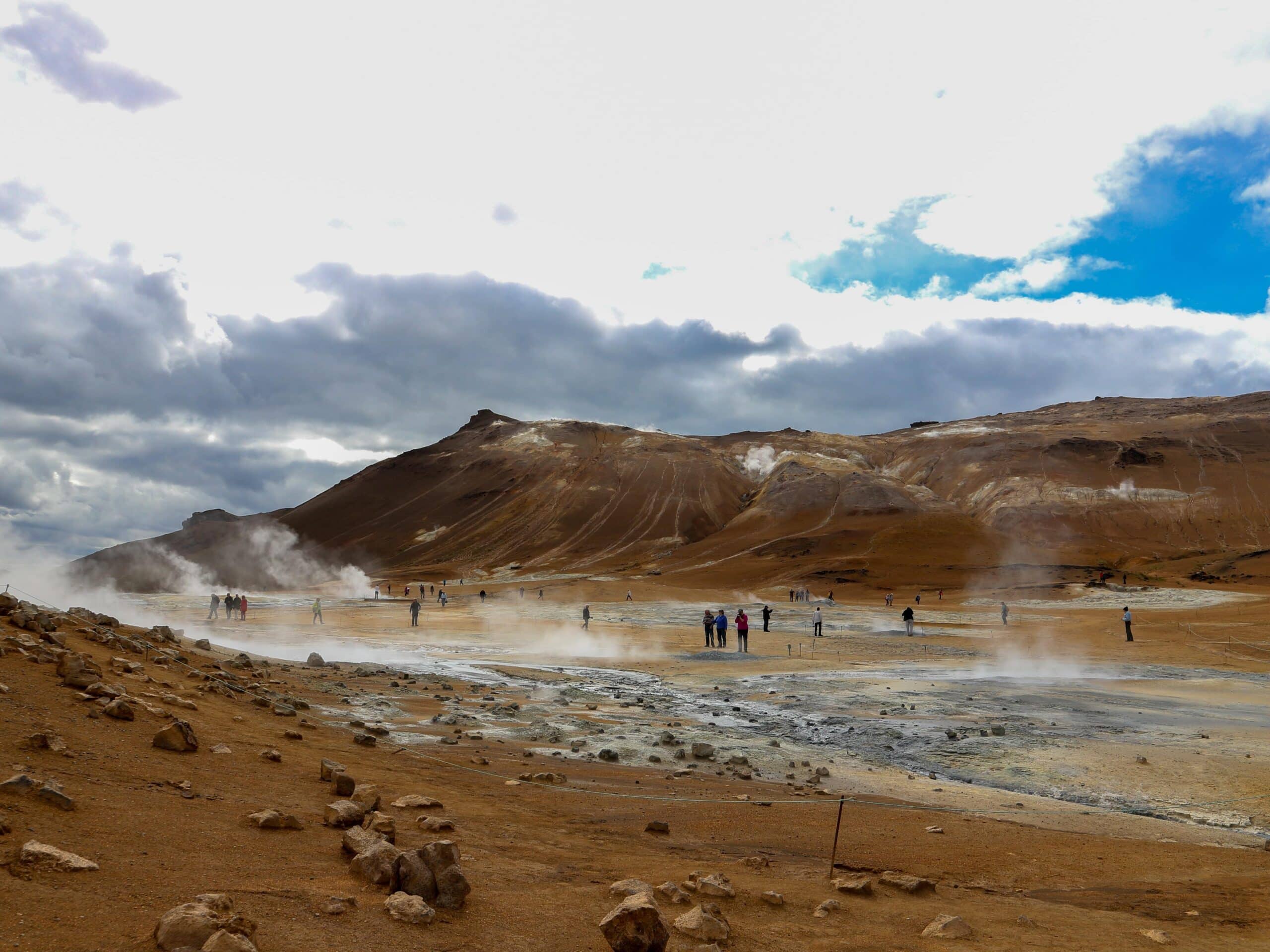
How to Visit the Maldives for the first time
The Maldives are the epitome of an untouched tropical paradise on Earth: The majority of the islands have not been developed, thus it is crucial to prioritize sustainability in order to protect the reefs for future fishing and tourism, the two biggest sectors in the nation.
Malé is the cultural center of the Maldives, and tourists can spend the afternoon learning about the country’s ancient past in the museums or shopping for presents and souvenirs in the galleries and marketplaces. There isn’t much more to take your attention away from the natural beauty of the Maldivian atolls, but after you’ve taken a walking tour of the capital, you have the option of visiting the marine parks and reserves to see some of the region greatest natural wonders.
Couples seeking a romantic getaway for Valentine’s Day or a honeymoon resort away from the rest of the world have long been drawn to the allure of untouched picture-perfect beaches. For singles and couples alike, spa massage services provide an extra touch of pampering and indulgence that helps stress and anxieties melt away. The pure cerulean waters invite guests to explore a completely different world just beneath the surface, and beach bungalows and villas over the water provide fantastic views of the sunrise or sunset.
ALSO READ: Ultimate Guide to Visit Egypt for the First Time
1. Getting around in Maldives
The majority of visitors arrive in the Maldives via the Velana International Airport near Malé. The other islands and atolls can be reached by watercraft, seaplane, or domestic flight from there. Transfers to the resort island jetty can be arranged by resorts, and several flights operate from Velana International Airport to the 12 domestic airports. Because commercial seaplanes and speedboats may not run on time, a private charter seaplane is the most expensive but also the most convenient way to travel around the Maldives. The traditional Maldivian boat, known as a ‘dhoni,’ on the other hand, is a cheap and leisurely way to travel for those who want to experience life as a local.
A luxury yacht charter is a popular alternative to staying at a resort and arranging separate transportation to the Maldives’ various atolls, dive sites, and other attractions. There is the freedom to travel throughout the islands at times that are convenient for you and your group, and if you discover that you prefer a particular destination, you can drop anchor and stay for as long as you like. Hiking and biking tours are available on the inhabited islands and in the nature parks, while the untouched islands can only be explored on foot, leaving little trace of your presence behind.
2. When to visit the Maldives
Traveling to the Maldives is weather dependent: there is a distinct wet season (monsoon season) and a dry season, as in many tropical countries.
The heaviest rain falls from May to December, followed by blue skies and white wisps of cloud for the rest of the year.
As a result, the Maldives is a popular destination for those looking to escape the dark and cold winter climates and celebrate Christmas and New Year in the warm sunshine.
The fine weather is almost guaranteed until February, when the horizon may be marred by the occasional raincloud, but the crystal clear blue waters will remain the same, and they will remain at bathwater temperatures all year.
From March to May is shoulder season, and an excellent time to visit if you want to avoid the ‘crowds’ at the most popular resorts and attractions, the latter of which tend to be snorkeling and scuba diving spots.
Visitors who are willing to take the risk of visiting during the monsoon season will find manta rays at the Hanifaru Marine Protected Area from June to November, and fishing enthusiasts will have the best chance of catching big game between November and March. The North Malé Atoll has a surf season from April to October, while the southern atolls are best visited from February to April.
Holidays allow you to participate in local festivities; however, local attractions, banks, and restaurants are likely to be closed on these days.
3. Where to stay in Maldives
There are endless places to choose from among the most popular atolls in the Maldives, and it has long been known as a luxury tourist destination. Those who want to travel farther afield can take their accommodations with them on a luxury yacht charter.
Where you stay greatly depends on the types of activities you want to do: Families searching for water sports will discover that the five-star resorts provide a variety of options, while white sand beaches can be found across the region for those who want nothing more than to unwind on the beach with good company and a good book.
The North Malé Atoll and South Malé Atoll are two of the most developed tourist destinations, offering cafes, restaurants, and clubs for nighttime entertainment along the beach. Both are quickly and easily accessible from the international airport. To complement the amazing cocktails offered at the bars, the resorts provide entertainment, dance parties, and DJ sets.
To cut down on travel time as much as possible, fishermen, scuba divers, and snorkelers will want to choose accommodation close to their favorite activities. The Baa Atoll is well popular for its amazing reefs, which are visited by dolphins, turtles, and rays. These reefs are referred to as gilis or thilas depending on how deep they are below the surface. Some of these may be accessed by snorkeling equipment, while others are deeper, where scuba divers will discover an completely a new world rich in diversity and vibrant colors.
Big game fishing is popular in the Ari Atoll, but there are other amazing options in the Maldives for those looking for how to travel even farther off the beaten track, the aku Atoll and Huvadhu Atoll are some of the amazing options.
The Addu Atoll is the southernmost atoll in the Maldives, and most visitors come here for the amazing diving opportunities around the reefs and at Villingili, the atoll’s lone resort island, where the wreck of the BRITISH LOYALTY is located after it was scuttled in 1946.
4. Accommodation in Maldives
The islands are filled with luxury, and there is a wide range of choices available so you may choose something that is well suited to your interests.
Families or couples who want to be close to the lapping shores and cut away from the outside world should stay in a beachside villa. There will also be a variety of water toys available for tourists who want to go kayaking, paddleboarding, or jet skiing. Restaurants, bars, and other dining and entertainment options are available on-site. Activities can be planned during the day to keep kids for a couple of hours while parents explore their own interests—or take a nap in the sunshine.
There are many spa resorts in the Maldives, offering individuals with a focus on their health and wellbeing a place to enjoy some pampering and find inner peace. Booking early to avoid the summer rush is highly recommended. Culture seekers who want to experience the modern side of life on the islands before exploring its natural treasures will find many five-star hotels close to Malé, whereas options thin out at farthest destinations to the north and south.
Luxury yacht charters are a popular option for visitors who want to see and do as much as possible while in the Maldives: Catamarans, for example, provide excellent stability and modern surroundings, as well as plenty of sunbathing space on board, a selection of water toys just for your group, and a chef and steward/stewardess among the crew for delectable meals that cater to all dietary requirements and first-class service along the way. When the adults in the group need time to rest and recover, the crew will keep the little ones entertained, or for older kids, there are plenty of films and usually the option of board games and a games console to keep everyone happy.
5. Places to visit in Maldives
Begin your Maldives tour in Malé, the capital city and cultural center among the islands. In a single day, visitors can marvel at the Friday Mosque, which was built in the 17th century, tour the Old National Museum and the newer one, which showcases relics from Buddhist kings and Islamic sultanates, and view the work of local artists at the National Library & Art Gallery.
Visitors looking to combine more local culture with island adventures should head to Haa Alifu Atoll in the north to visit the home and birthplace of Sultan Mohamed Thakurufaanu, who is revered for his campaign fighting off the Portuguese after they invaded in 1558.
The Maldives’ most appealing feature is its exceptional natural beauty, combined with pleasant weather and the opportunity to engage with fascinating wildlife. These features can be found throughout the archipelagos, with the farthest islands providing a quieter atmosphere than those close to the international airports and fascinating attractions.
The Baa Atoll is a popular romantic destination where couples can walk hand-in-hand on the white sand beaches at sunset or hike the lush island interiors while listening to native birdsong in places like Dharavandhoo. Visit the Hanifaru Marine Protected Area to see manta rays, iconic clownfish, and so much more at the incredible snorkeling and scuba diving sites.The two 40-year-old shipwrecks known as “The Shipyard” are the Lhaviyani Atoll’s greatest attraction. The Lhaviyani Atoll is a great alternative or addition to the Baa Atoll and is known for its biodiversity, where it is common to see sharks and mantas swim among schools of fish at the gilis and thilas.
The Addu Atoll, located far to the south, is another excellent location for viewing Indian Ocean marine life. Shark Point has been nicknamed the “Shark Hotel” due to the large number of grey reef sharks that visit, and Turtle Point, as one might expect, provides opportunities to get up close with Hawksbill and Green turtles. The atoll also contains the coral-covered wreck of the BRITISH LOYALTY, where divers can swim through the hull. Even complete beginners can gain experience Scuba diving in shallow, clear conditions and be richly rewarded with their beautiful surroundings as they learn. More experienced divers can go on night dives and drift dives.
6. Things to do in Maldives
Living and eating can even be done underwater in the Maldives, where everything revolves around the ocean: The first of its kind, the Muraka underwater villa at Conrad Maldives offers a Master suite 5 meters/16 feet below the surface, accessed through a viewing tunnel. Dining and lounge areas, as well as a deck with an infinity pool, are located on the floor above. Conrad Maldives also has Ithaa, the world’s first underwater restaurant. Its layout can be set up for a big party or for couples to have a romantic meal while being surrounded by the glistening ocean and its inhabitants.
Since setting a trend, several underwater restaurants and even spas have surfaced. M6M at Ozen by Atmosphere Resort Maldives offers views of coral gardens, H2O at You and Me by Cocoon Maldives Resort offers 360-degree views, and 5.8 Undersea Restaurant at Hurawalhi Maldives can claim the record for the largest all-glass underwater restaurant in the world. The spa services at Huvafen Underwater Spa on Huvafen Fushi are unmatched for some pampering while surrounded by vibrant schools of fish. However, there are many water sports and activities that are offered at the resorts that will you to swim among spectacular coral reefs and have close encounters with wildlife if you wish to break down the glass barrier separating you.
Many people’s first impression of the Maldives is of tropical white sand beaches surrounded by cerulean waters, but nothing compares to the reality of actually leaving footprints in those fine, soft sands. The Maldives are all about living life at your own pace, without distractions, and while enjoying all the modern indulgences. Before reuniting with family and friends over lunch and drinks, take a nap on sun loungers or in a hammock and finish catch up on your reading list. After a quick sleep in the shade, you’ll be ready for an afternoon of water sports like kayaking, paddle boarding, kiteboarding, and even surfing in certain locations with right waves direction. Many locations have excellent snorkeling and swimming spots in the shallows, and farther out, there are outstanding Scuba diving sites designed for all levels of divers to ensure an enjoyable experience.
Deep sea and bonefishing are popular sports in the area, and you can hire expert guides to take you to some of the best locations in the archipelago. For those who enjoy the challenge and rewards that comes with fishing, the Mulaku Atoll is the place to be. Prepare your catch on a beachside grill while enjoying it with a crisp salad and the right beverages to bring out the natural flavors. Back on land, Malé is a cultural hub with a collection of museums, galleries, shops, and cafes centered around Sultan Park. A half-day walking tour is offered to see the city’s top attractions and discover their histories. Malé is the greatest location for shopping as well; look for souvenirs on the streets between Republic Square and the Singapore Bazaar, the biggest craft market in the Maldives.
7. Food in Maldives
Dhivehi cuisine, commonly referred to as Maldivian cuisine, has roots in India and the Middle East and continues to be influenced by Sri Lanka and other nearby countries. Being an archipelago nation, it should not come as a surprise that fish and other seafood, together with coconut and starchy staples like rice, make up a large portion of the diet. Travelers should take advantage of every opportunity to sample the wide range of meals on offer as the cuisine is an essential part of the local identity. They might even give you the idea to take some recipes back home.
The resorts offer international cuisine, and guests’ dietary requirements and food allergies can be catered for throughout the visit. Ruku Raa (toddy), a sweet non-alcoholic drink that can be heated to create a liquid toddy sugar known as Dhiyaa Hakuru, is one of the ingredients in Maldivian cuisine. It becomes a creamy paste known as Karu Hakuru after lengthy cooking, which is frequently added to rice or chapati to improve the flavor.
There are a few dishes that are unique to Laamu Atoll, with golha riha being one of the most common. Reef fish is used to make this fish ball curry, which is often flavored with herbs and other spices as well as the Maldivian curry paste Dhivehi Havaadhu. As a side dish, rice or chapati is served.’Naroh Falidah,’ a dessert made with breadfruit, jasmine water, and dhiyaa hakuru, is sometimes referred to as the Maldivian Doughnut by the international community due to the similarity.
Addu Bon’di is a snack or dessert made of sweetened coconut, jasmine or rose water, or sometimes dhiyaa hakuru. Kashikeyo plant fruit, also known as screwpine, is used in a variety of desserts. Kashekiyo Foah, a delicacy in Baa Eydhafushi, is made by cooking the fruit into a pulp and adding scraped fresh coconut, jasmine water, and sugar. The mixture is then thickened with cornflour and heated until a dough forms, which is then cooled and rolled into small balls.There is gift for visitors to Kulhudhuffushi in Haa Dhaalu Atoll is: a local treat that resembles a crepe that is created with water, rice, eggs, and sugar and can be consumed alone or with milk.
Are you looking for how to plan your trip to the Maldives: including tours, activities, attractions and other things? Contact us to plan your next trip





